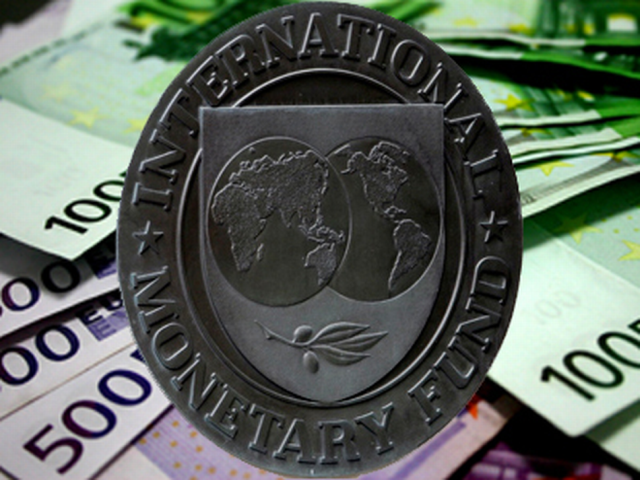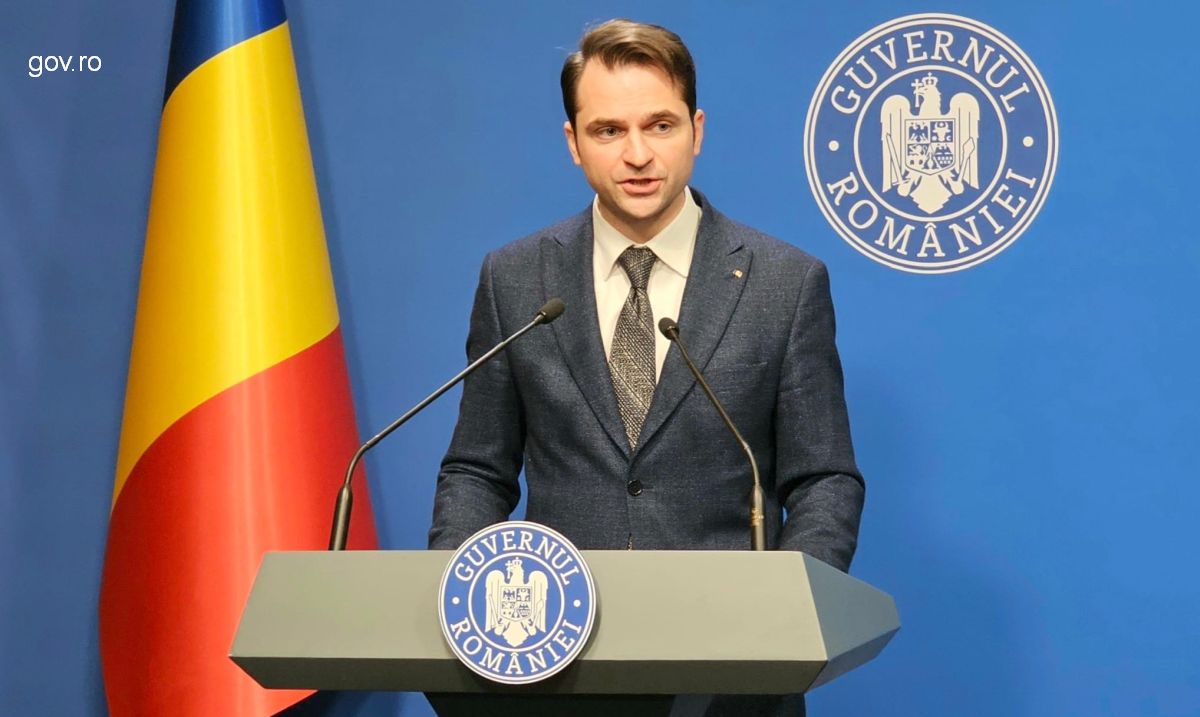IMF mission to Romania ends
Economic activity in Romania remains strong, with unemployment at a record low, is one of the conclusions of an IMF staff visit to Romania

Daniela Budu, 13.11.2018, 14:12
An IMF team was on a one-week visit to Bucharest,
where they discussed with the Romanian authorities about the country’s
macro-economic prospects and budget policies for next year.
The visit was also designed as a preparation for a
consulting mission due early next year. Economic activity in Romania
remains strong with unemployment at a record low, is one of the IMF experts’
conclusions. However, according to a news release issued by the international
financial institution, despite several years of strong growth, the budget
deficit has gone up rather than down, as it should during good times, and the
2018 target remains at risk without further measures.
The
2019 budget and the medium-term financial framework should target smaller
deficits, in line with the commitments to the European Union, and should keep
the public debt to GDP ratio on a downward trend. In this respect, current
initiatives to improve the efficiency of public spending, such as expenditure
reviews and centralized procurement, are welcome, says the IMF, adding that the
modernization of revenue administration is also essential.
IMF
experts also argue that increases in public-sector salaries and planned changes
to pension benefits should be reassessed for their negative implications for
fiscal sustainability and long-term growth.
Also,
in view of enhancing the economic growth potential, structural reforms and good
governance are needed. In this regard, strengthening the institutions in charge
with public investment is a priority, to help address Romania’s large
infrastructure gap, including by means of facilitating better absorption of EU
funds, reads the IMF news release.
The
Fund forecasts a 4% growth rate for 2018, a 3.5% year-end inflation rate,
relatively stable current account deficit in the medium run and a budget
deficit of over 3% of the GDP, both this year and in 2019, if current policies
are maintained.
In
turn, the European Bank for Reconstruction and Development estimates a 4.2%
economic growth rate in Romania this year, with a slow-down to 3.6% in 2019.
The IMF and EBRD forecasts are significantly higher than the ones made by the
European Commission, which expects Romania’s economic growth rate to go down to
3.6% this year and 3.8% next year, as the rise in private consumption will slow
down and the negative balance of trade will deepen.






























